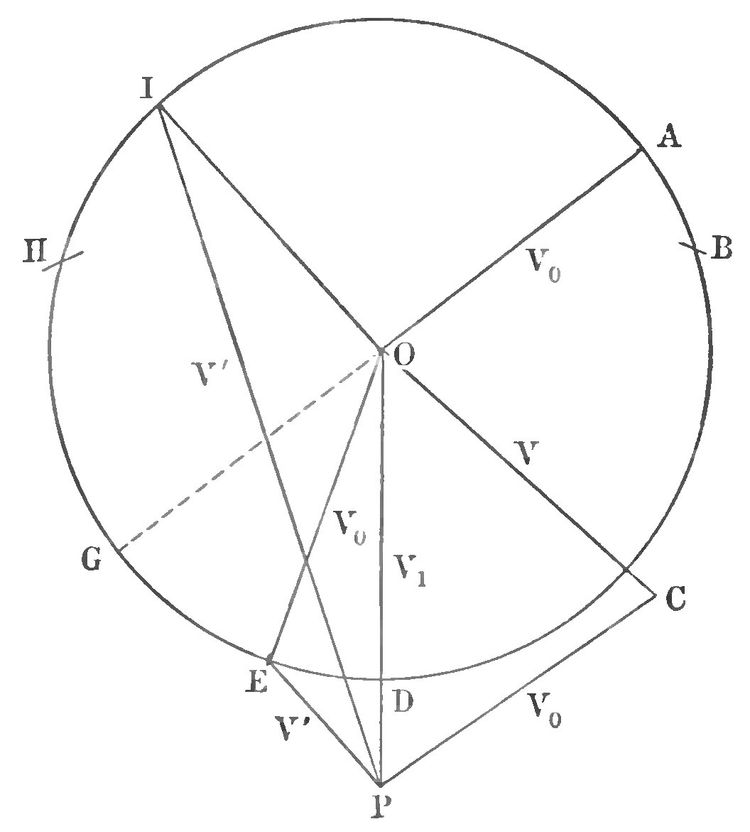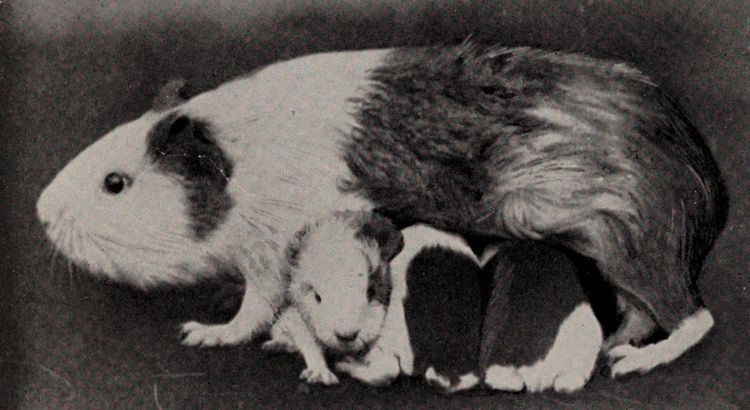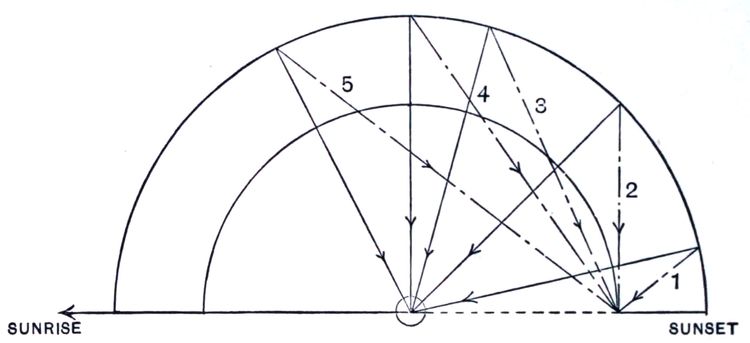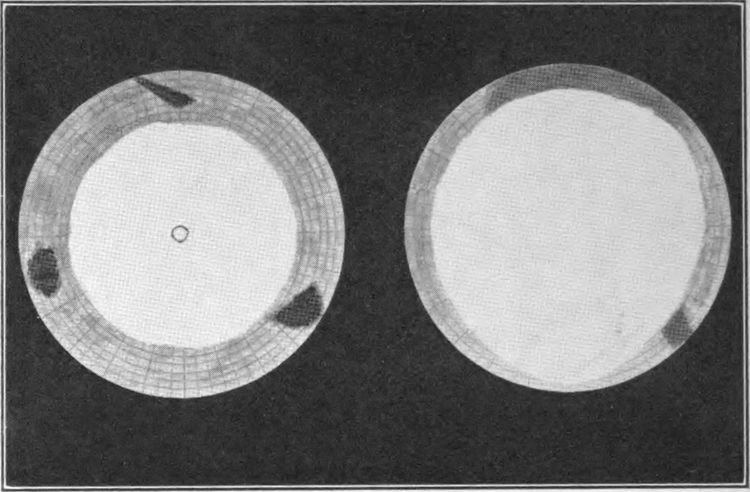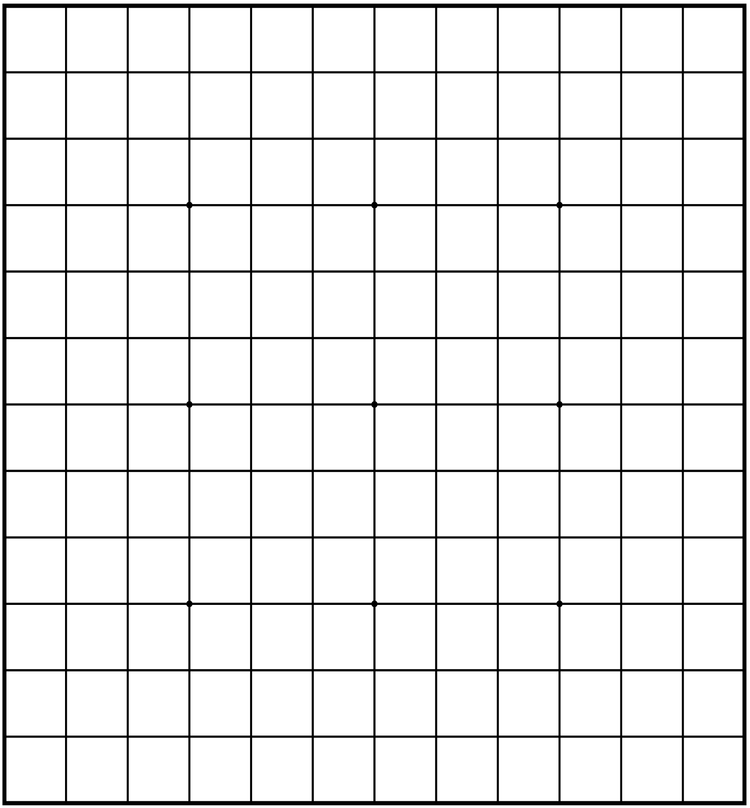Where We Want To Be
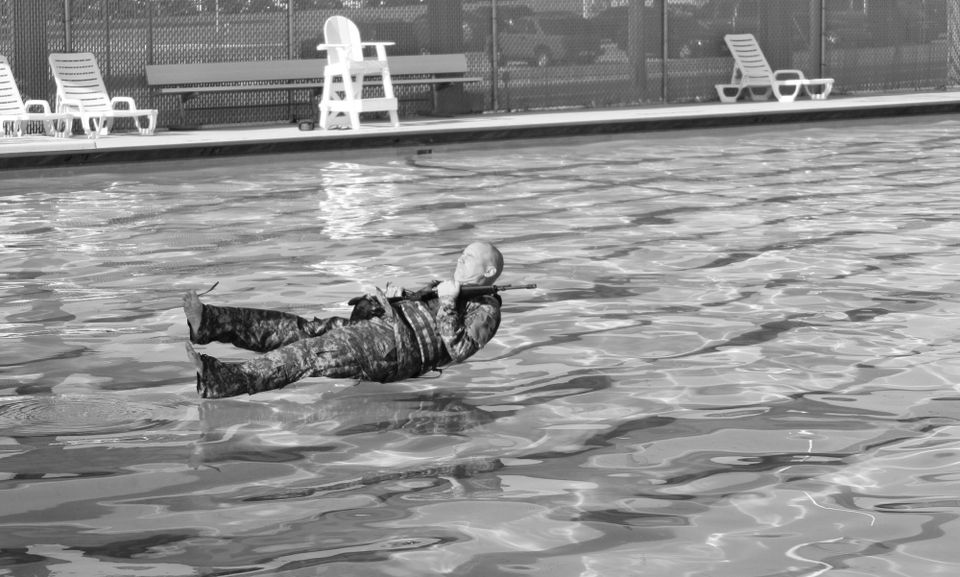
One piece of writing advice that I once dismissed, but now take very seriously, is that great writers read.
As an adage, it makes sense. By reading the masters, we understand more about what makes good prose.
But it creates a problem too.
Take, for instance, this paragraph from Rachel Cusk's Outline, which I bought last Tuesday at the American Book Center in Amsterdam, having ducked inside only to avoid a torrential rainstorm.
“In a way it's like looking at old photographs of yourself. There comes a point at which the record needs to be updated, because you've shed too many links with what you were. He doesn't quite know how it happened; all he knows is that he doesn't recognize himself in those stories any more, though he remembers the bursting feeling of writing them, something in himself massing and pushing irresistibly to be born. He hasn't had that feeling since; he almost thinks that to remain a writer he'd have to become one all over again, when he might just easily become an astronaut, or a farmer."
Outline is intimidatingly good.
As I began to read the book in a white-walled Spiegelkwartier café full of pour-overs and man-buns, I felt as though I were drowning.
What was I to do with a text like this? The deftness of Cusk’s writing; the invisible intricacies of her narrator; the knowingness of her descriptions. The text seems self-aware.
You will never write anything as good as that paragraph, said my inner critic. And to think you wanted to write a book full of paragraphs!
In the previous week, I had very publicly announced that I was indeed trying to write a book. The book would contain paragraphs, that much I was sure of. People had reached out on LinkedIn and Twitter to express interest and encouragement. A bold move, said someone, referring I presume to my ambitions, not my decision to use paragraphs.
Drowning, as any lifeguard will tell you, does not look like drowning.
A drowning person does not splash or cry out. They may appear completely still, as though everything is normal.
In the cafe, I was underwater, held in place by Cusk’s words, by the gap between where I was and where I wanted to be. I was not moving anywhere, certainly not boldly, despite my social media swagger. I was not shouting for help. I was drinking a cappuccino and I was drowning.
Nobody took notice as I sat there while the espresso machine geysered steam and panes of water ran down the large windows. People around me talked busily into mobile phones and held one-sided Zoom conversations with a mosaic of colleagues. Every minute that passed was another minute I was not writing. Every minute that passed was another minute in which I was not good enough to write.
At home the next day, having left the black wall of rainclouds behind in Amsterdam, ready to abandon writing altogether, I did the only thing I could do. I phoned two friends for advice.
The first friend told me that a nice piece of writing is perfectly good enough. Writing does not always have to be perfectly deft, nor intricately self-aware. Nice writing is enough.
The second friend reminded me that I was a beginner. That things are hard when you start out. That I had made progress, but sometimes progress plateaus and you can do nothing but continue and, at some point, a breakthrough will be made.
Their combined advice reminded me of an Ira Glass quote.
"For the first couple years you make stuff, it’s trying to be good. It has potential, but it’s not. And your taste is why your work disappoints you. We know our work doesn’t have this special thing that we want it to have. The most important thing you can do is do a lot of work. Put yourself on a deadline so that every week you will finish one story. It is only by going through a volume of work that you will close that gap, and your work will be as good as your ambitions."
So, that's what I did. I went to work.
The essay was not perfect, friends. There's a typo or three. The ending was far from convincing. I wanted to weave a thread of criticism into the main body of the essay, but I couldn't make it work, so I appended it as an authorial note.
No matter. I published it. It was a nice piece of writing. It was enough.
As beginners of anything, we don't remind ourselves that the distance between where we are and where we want to be is greatest at the start of a journey.
Whether one is setting out for the first time as a writer or a strategy coach, an astronaut or a farmer, we all feel distanced by the beginning. The ones who are able to acknowledge the distance and move forward are the ones who will keep their heads above water.
Some days you simply have to remember that drowning does not always look like drowning. Any writer can tell you that.
This week's post was made possible thanks to edits by Jillian Anthony, Amber Williams, Ryan Williams, Frederik Gieschen, Kym Ellis, and Hrvoje Šimić. And to Rory, Hannah, and Julia for the swimming lessons.
